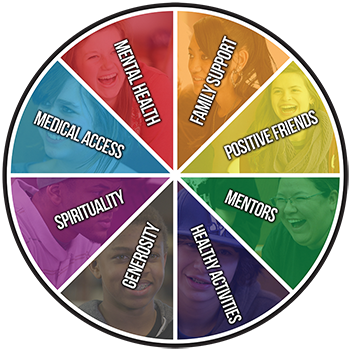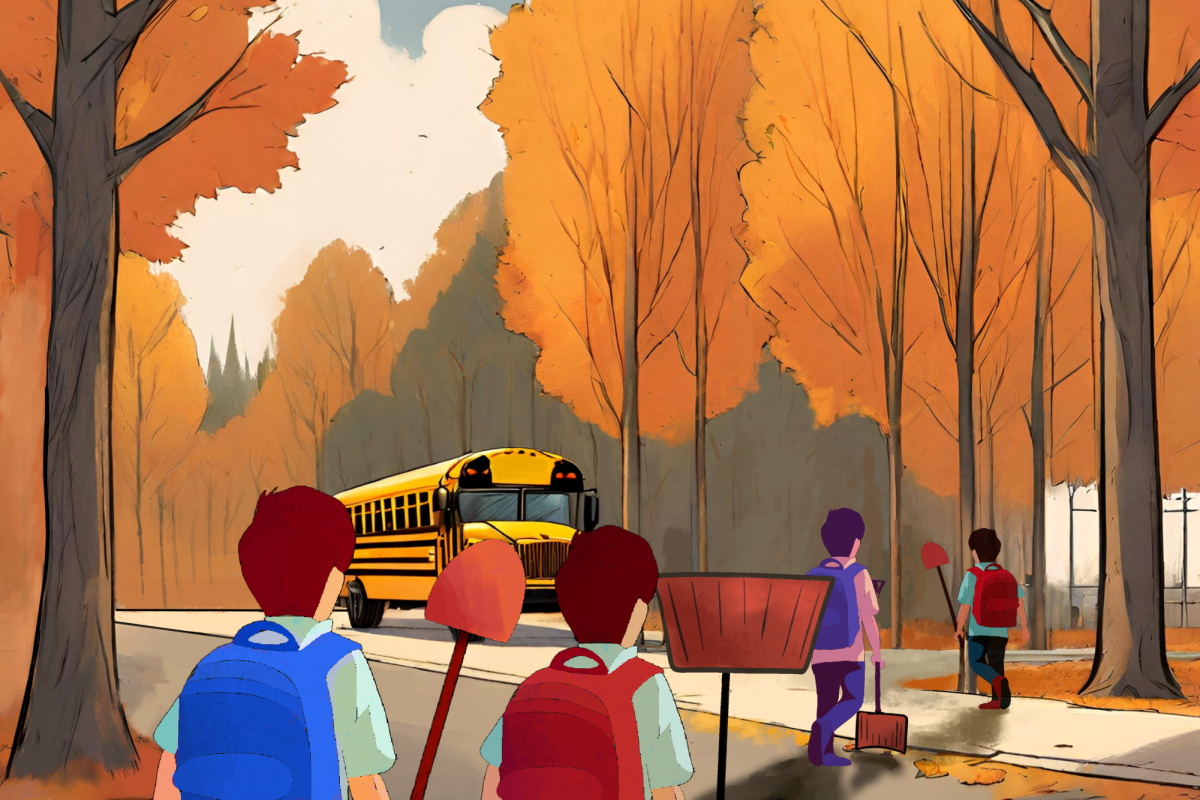Every day, 105 people die of suicide, and a disproportionate amount of them are high school students.
Twenty-five students and eleven teachers spent a school day in October training to become advisors for Sources of Strength, one of the first suicide prevention programs that uses peer leaders to reduce suicide at the school population level.
Sources of Strength is a youth-based prevention program, and a sponsor of Umttr, that uses the powers of peer social networks to prevent suicide, bullying and substance abuse. It aims to make its organization accessible and promote relations between struggling students and adults, as stated on its website.
Sources of Strength enforces its values through peer leaders that emphasize the eight values of its “wheel:” spirituality, generosity, healthy activities, mentors, positive friends, family support, mental health and medical access.
“Sources of Strength aims to focus on helping students suffering with depression through other students,” peer leader Sarah Guillaume said. “There aren’t many organizations that are able to enforce the positive aspects of life through peers.”
During their training, students worked with staff members like foreign language teacher Laura Brewer, art teacher Nancy Mornini and assistant principal Kristin Cody Rudolph. They discussed different ways the organization can bring key issues to light in the school community.
“During the training, we had lessons and were taught the warning signs of depression,” peer leader Gunnar Morton said. “We also we played games that in the long run showed and represented the feelings people who have depression go through.”
The peer leaders will continue to meet once or twice a month for the rest of the school year. During meetings, they discuss ways to spread awareness about Sources of Strength.
As the suicide rate for adolescents continues to rise, it is essential to implement a program focused on the Whitman community because of all the stress that surrounds students, peer leader Jessica Chelst said.
“Whitman is such a competitive school where I think people get too caught up in what’s going on,” Chelst said. “We need to start thinking about all the great things that we already have.”
Many students are personally affected by suicide, and peer leaders have been trained to help those at risk. With the implementation of this program, adult advisers and peer leaders hope that they can save lives and reduce the stigma surrounding suicide.
“I hope to see that people feel more comfortable talking about an issue that affects so many kids, and not making kids feel like depression means that something is wrong with you,” said Laura Brewer, a foreign language teacher and adult leader. “Everybody needs help sometimes, and being able to comfortably seek that help is the change we want to see in the world.”










